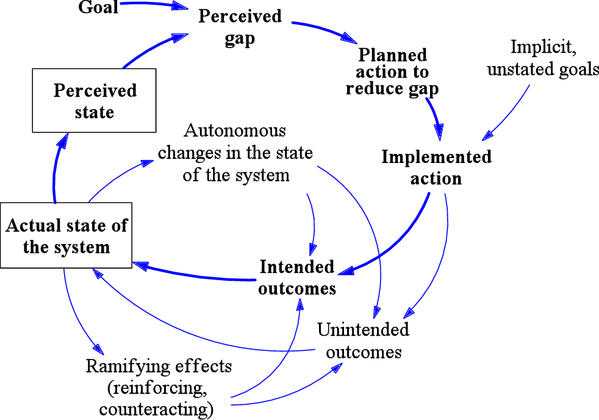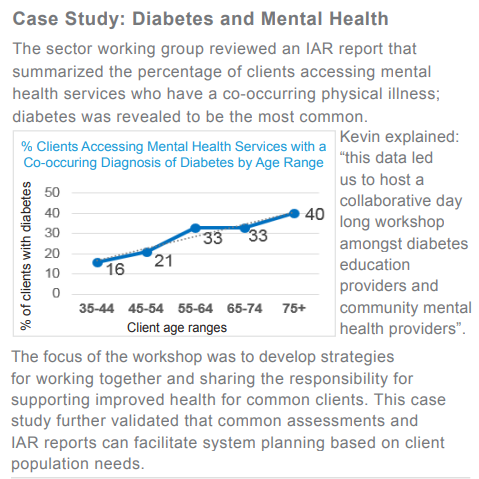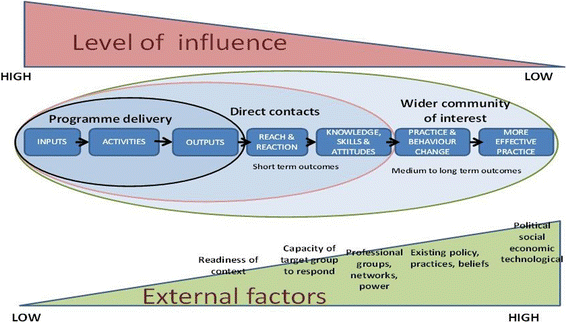Many of us in front line social work are interested in how we can advance and improve our practice and the deploy social work values to support clients, families and their communities through the building of evidence and knowledge. We are doing this while working within organizations and services and although no surprise of course that we need to negotiate the waves of organizational priorities, cultures, methodologies and disciplinary hierarchies, it sure can be a lonely business.
You do need to have individual fire in the belly on a topic to start the climb in what feels like to me at least, a fractured learning and research culture what ever organization you are, in, much less for the profession of social work itself. There is little balance between a clinician’s individual need and ability vs. the collective. When I say balance, it means to me is interconnectivity and actual cooperation.
There are shards of light – connection, with ultimate common ground but oh boy, do you have to deploy a community development process for it to work. A practice based research approach and hews therein of the idea of research: evaluation, quality improvement, outcome measurement, ongoing learning, application/implementation of interventions, social work values and the search for a hypothesis, surround the aims of research for me.
Sorry, I had to mutter above,
Useful research resources, please consider sharing yours with us as well
-
The Routledge Handbook of Social Work Practice Research
Available via hospital and university libraries, learn more here: https://socialhealthpracticeottawa.wordpress.com/2020/05/30/launch-of-handbook-of-social-work-practice-research/
-
Martin Webber’s Social Work Research Podcast
…The podcast provides listeners with the opportunity to hear about research from researchers themselves and to find out a little more about them. It provides researchers with an opportunity to share their research findings with a wider audience and to highlight important features about it. A link to the full text of the research paper under discussion in each episode is provided for those wishing to extend their learning. …
https://martinwebber.net/socialworkresearchpodcast
-
(The British), Advice for Social Workers on Mental Health Research
https://mentalhealthresearch.org.uk/advice-for-social-workers/
-
Integration and Implementation Insights (also known as i2Insights)
-
Blog posts cover 11 major topics that underpin these approaches:
- change
- communication
- context
- decision support
- diversity
- integration
- participation (phased out after August 2021)
- research implementation
- stakeholder engagement (phased in after August 2021)
- stakeholders (phased out after August 2021)
- systems
- teamwork (phased in after August 2021)
- unknowns.
https://i2insights.org/











